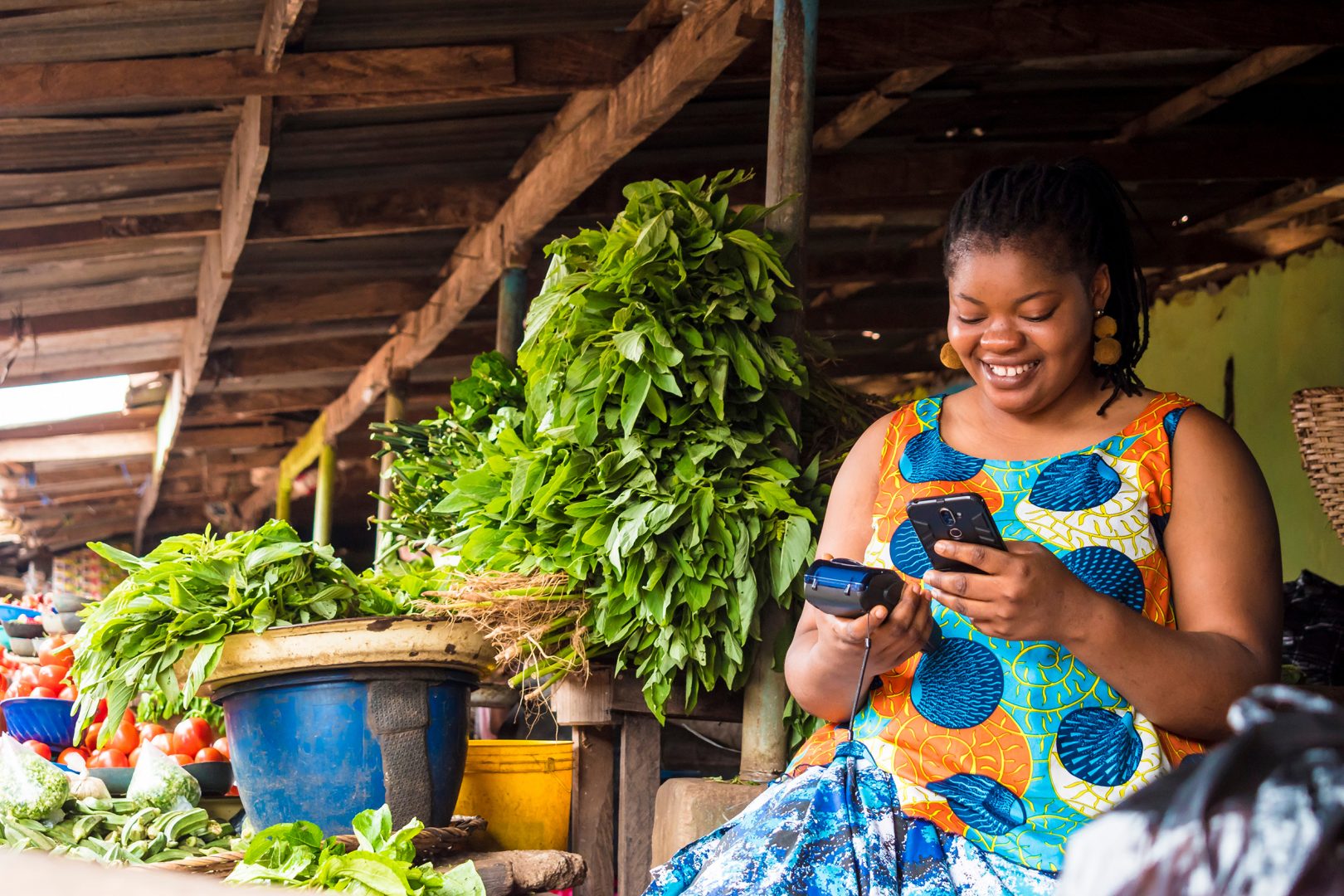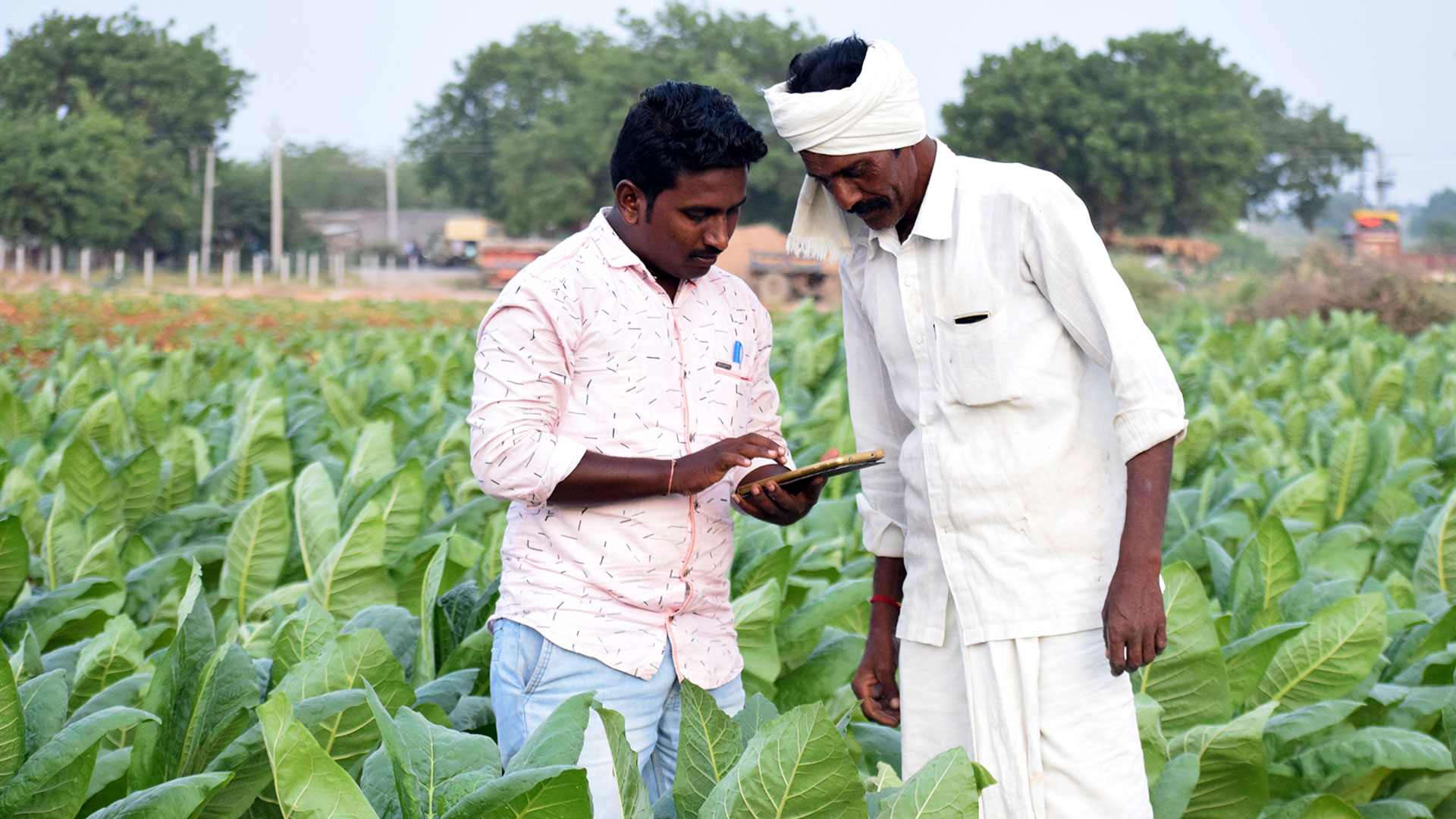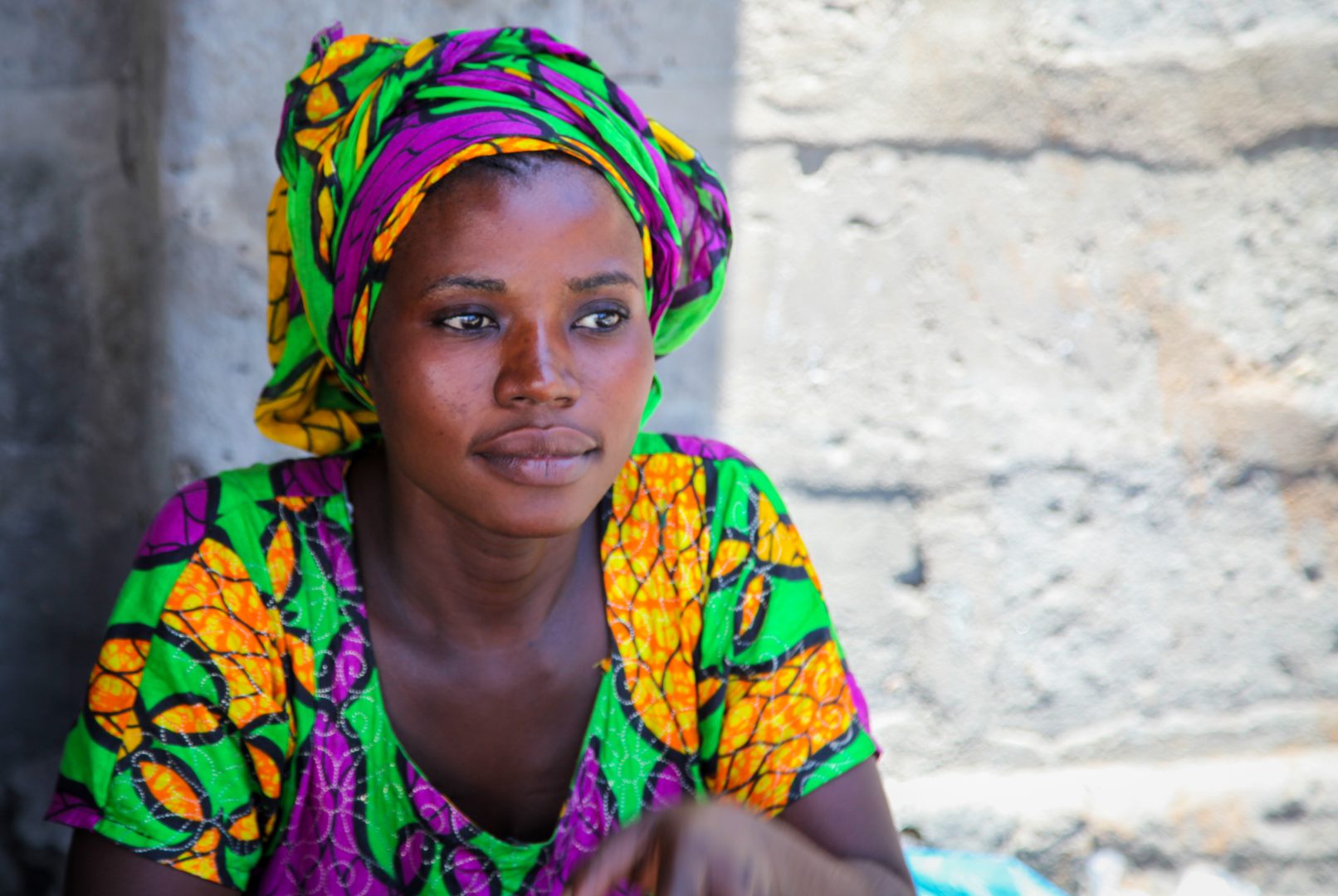We welcome the publication of Evaluating BII’s Financial Services Portfolio: Synthesis Report, which brings together learnings from a portfolio review and five in-depth studies on our financial services investments, published between 2021 and 2024.
This is the first synthesis report from the FCDO-BII Evaluation and Learning Programme. The programme involves multi-year independent evaluations commissioned by FCDO across our three sector groups (Financial Services; Industries, Technology & Services; and Infrastructure). These evaluations are critical to help us, the FCDO, and the wider public understand our impact. They draw out lessons for our investment and impact professionals and are an important part of how we use evidence, to inform our portfolio management and investment decisions.
The synthesis report assesses how well BII has internalised new evidence and learning from the financial services evaluation by tracking how BII has evolved its financial services portfolio over three strategy periods (from 2012 through 2026). We are pleased the report highlights how responsive we have been to the findings of the portfolio review (published in 2021), noting several ways our financial services strategy has integrated these recommendations over time. Key changes noted in the report include:
- A shift towards more targeted lending: The report notes that our financial services portfolio has shifted away from equity to debt (debt investments now constitute 52% of our financial services portfolio, up from 34 per cent in 2019) and from generalised debt to directed lending towards the impacts we care most about (financing SME growth, women-owned businesses, and climate action). This shift is consistent with the recommendations of the phase one evaluation which encouraged a more targeted focus on the impacts we aim to achieve.
- A greater focus on underserved segments and poorer markets: The report describes how our investment products are now better targeted to achieve inclusive economic impact. BII’s new equity commitments focus on lenders whose business models are disproportionately oriented towards serving underserved population groups such as SMEs, women and low-income groups. We have also increased the proportion of our investments in the poorest countries1 from 10 per cent of our financial services commitments in the 2017-2021 strategy period, to 29 per cent in 2022-23. Similarly our focus on investments targeting women (those that qualify as gender-finance based on the 2X criteria) have also grown rapidly, to 29 per cent of new portfolio commitments in 2022-23.
- Aligning our investments with the goals of the Paris Agreement: The report describes our efforts to exclude fossil fuel products from our trade finance transactions following the introduction of our climate change strategy and fossil fuel policy in 2020. These now stand at zero. More broadly, climate finance qualified investments now make up nearly a fifth of all new financial services commitments. This underpins our broader efforts to work with our financial services investees to align their operations with the transition to net zero and climate resilient economies.
Since the portfolio-wide evaluation was published in 2021, we have significantly evolved our impact objectives and management systems in line with our 2022-2026 strategy. This includes adopting an impact scoring system that incentivises investments that contribute to productive, sustainable, and inclusive development. Considering these changes as well as the progress we have made incorporating the findings of the phase one evaluation, the synthesis report makes important recommendations for us to consider in continuing to enhance our impact. Here we provide a brief response to each recommendation.
1. Continue to invest in specialised lenders.
The report noted how BII has shifted its focus from providing generalised debt and equity investments in banks to investing in digital financial services (DFS) and specialised lenders that provide credit lines to excluded and underserved segments such as SMEs (for example our investment in the African Rivers Fund and developing pioneering platforms such as Growth Investment Partners (GIP) Ghana which aims to address critical gaps in financing for SMEs). We welcome the evaluation’s recommendation that we continue to invest in these SME, women, low-income and climate-focused specialised lenders and will continue to do so. This will be complemented by our support to larger banks with targeted credit lines directed towards these specific customer segments or with capital support to drive economic recovery in fragile markets/macroeconomic situations where there is a strong impact case.
2. Continue to explore innovative solutions to enhance access to trade finance for SMEs.
The evaluators recommended that to fill a much-needed gap in trade finance for SMEs, BII should continue our efforts to provide more targeted trade finance support. The report highlighted BII’s Trade Access Programme as an example of an innovative alternative approach to improving access to trade for SMEs which BII should continue to build on. We welcome the evaluation’s support for this initiative, which aims to provide urgently needed liquidity to SMEs and trade intermediaries in Africa. We will continue to develop and grow innovative approaches like Trade Access, while also pivoting our broader trade finance support to focus on the poorest and most fragile markets.
3. Increase investments in local currencies.
The report noted that BII has started to implement several local currency-denominated investments since the portfolio review found that some dollar-denominated debt facilities were unsuccessful, particularly in markets in Africa where hedging facilities are largely unavailable. Our recent investment in M-Kopa as well as our efforts to support local currency lending through GIP Ghana were highlighted as examples of how we should continue to increase our offering of local currency financing options (to avoid creating exchange rate risk for those investees who on-lend in local currency). We will explore ways to expand our use of local currency and other instruments to support local currency lending, such as credit guarantees, where it is most needed (noting that there is also a desperate need for hard currency in our markets, especially among exporters) to avoid passing on currency risk to those investees least able to absorb it.
4. Consider exploring using guarantees to promote the development of local capital markets in BII’s target countries.
The evaluators recommended that BII continue to strengthen its efforts to develop local capital markets in Africa, such as through investing in partial credit guarantees to banks to encourage SME lending. Building on our long history providing credit guarantees to expand trade finance, we have started extending similar guarantees to support other impact objectives, such as SME growth. For example, we are supporting banks to lend to SMEs in local currency through the African Guarantee Fund, with a focus on poorer, more fragile countries. We recognise that investments supporting capital market development are important for countries to become less reliant on foreign capital in the long-term and will consider our options to increase our support in this area.
5. Technical assistance should be prioritised for climate finance investments.
The report highlighted how BII has rapidly grown its portfolio of climate finance investments since 2020 and the important role that technical assistance has played in this achievement. The evaluators recommend that BII should continue to provide TA to financial institutions to integrate climate considerations into their operations and investments, develop climate risk management systems and transition plans, and enhance their reporting standards for greater transparency and accountability. For example, technical assistance alongside our Green Basket Bond launched with Symbiotics has supported smaller banks to enhance and increase their climate lending. Technical assistance is a crucial part of how we will achieve our climate objectives in line with our commitments to Paris alignment and the recommendations of the Taskforce on Climate-related Financial Disclosures (TCFD), now part of the IFRS Sustainability Standards. We will continue to deliver assistance where the need is greatest and where we can make the most impact (such as to financial institutions who require support delivering climate finance in line with Green Loan Principles) and to work towards broader Paris alignment of the portfolio, including through the implementation of the TCFD/IFRS recommendations.
6. Invest in tailored solutions to reach low-income households.
The evaluators recommended that BII continue to prioritise investments in specialised lenders and DFS which are most effective in reaching groups that are traditionally underserved by formal financial services. In line with this recommendation, we will continue to diversify our investments to prioritise lenders with tailored solutions for enhancing financial inclusion. For example, our recent investment in Shubham provides affordable housing finance to customers who are traditionally excluded from accessing finance through tech-enabled home loans. We will also continue to scale up our use of directed lending to influence financial institutions to expand their reach to low-income households (as well as women, SMEs and climate goals).
7. BII should continue to increase investments in Alpha countries.
BII’s commitment to investing in the poorest countries in our target geographies is evidenced by the report’s finding that our FS investments in Alpha countries have increased from 1% during the 2017-2021 strategy period, to 9% in the early stages of the 2022-2026 strategy period. We aim to continue to increase our reach to the poorest and most fragile markets, including through our Africa Resilience Investment Accelerator (ARIA) which we set up with the Dutch Entrepreneurial Development Bank (FMO) to drive further investment in Sierra Leone, Liberia, DRC, Ethiopia and Benin. Recent examples include our support to NMB Bank Tanzania to anchor its first sustainability bond offering.
8. Support FIs to develop and/or strengthen robust data collection and monitoring tools for 2X investments.
The evaluators highlighted how BII has increased its gender finance portfolio from just $15 million in 2018 to $211 million in 2023 – investing in a range of FIs supporting women-owned SMEs, affordable housing and fintech for women and demonstrating an increasingly sophisticated approach to gender-finance. They also noted BII’s instrumental role in establishing the 2X Challenge criteria as a global standard for gender finance. We recognise the importance of the evaluators’ recommendation to continue to support our investees to provide reliable data on who their investments are reaching. Since 2022, we have strengthened our monitoring requirements to require all investees to report gender-disaggregated data on an annual basis. This is an important part of how we track investee performance. We will continue to support our investees to collect and use this data to improve our impacts on women.
9. BII should gain investee buy-in to the evaluation process at the time of approval of the investment by BII’s investment committee.
The evaluators recommended that BII secures investees’ commitment to taking part in evaluations prior to disbursing funding to mitigate challenges with ensuring their participation and obtaining access to data. We recognise that evaluations of our investments are crucially important for understanding our impact. We will aim to improve the evidence base in our evaluations by identifying ways to integrate evaluation considerations earlier in the investment process, clarifying how we expect investees to contribute without putting undue burden on businesses with more limited resources for taking part.










